Premium Only Content
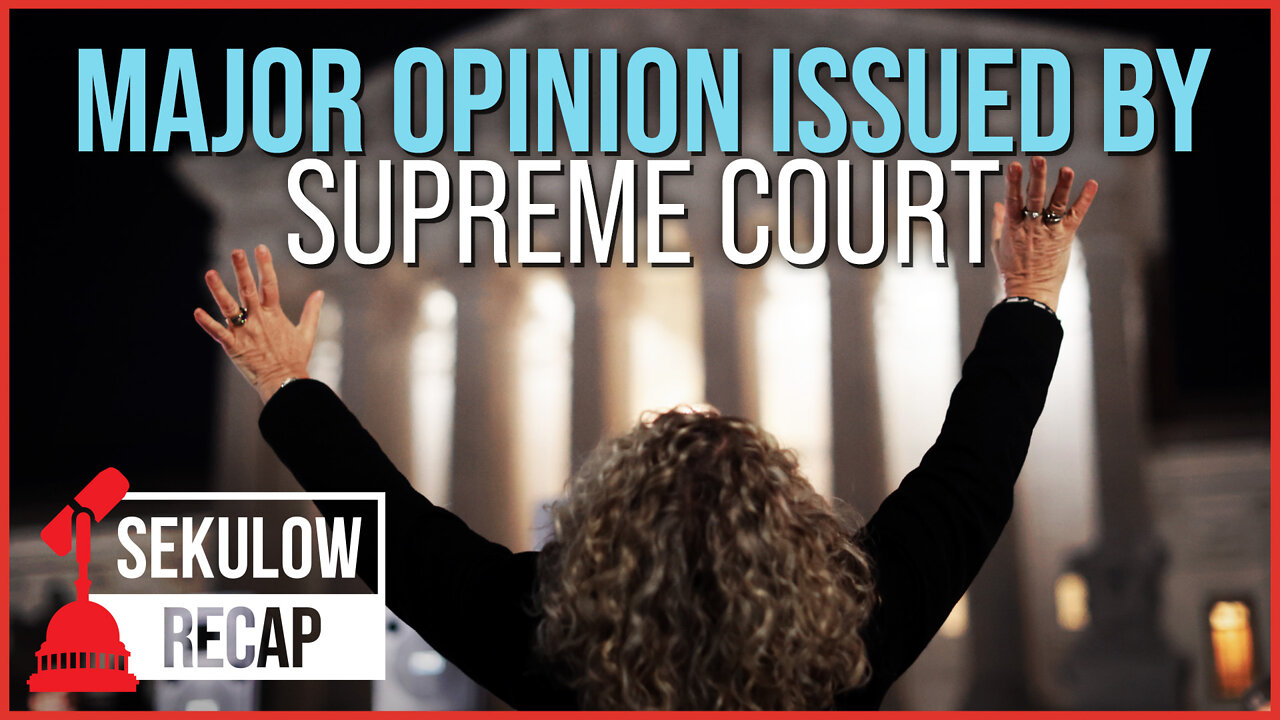
Major Opinion Issued by Supreme Court
The ACLJ has done considerable work on the subject of school choice. For decades, one of the biggest barriers to school choice within the states has been: if we have a school choice program that provides state-funded assistance to parents who decide to send their kids to a private school, whether it’s a voucher or a tax credit, can’t it also go toward a private religious school?
As you can imagine, that question has raised serious debate in states across the country that offer these programs.
Today, the Supreme Court has clarified through a 6 – 3 ruling in Carson v. Makin, a case out of Maine, that if you’re going to have state-funded tuition assistance programs for parents to send their children to a private school, you cannot exclude religious schools simply because the school is religious.
As we told you at the time, the ACLJ filed a critical amicus brief urging the Supreme Court to grant review of the case brought by families in Maine after they lost in a lower court and were denied again at the Court of Appeals for the First Circuit.
Parents in Maine truly need the option to send their children to private schools as there just aren’t enough schools in many rural areas, which make up a large percentage of the state. As my dad, ACLJ Senior Counsel Jay Sekulow, explained:
"What’s interesting about this is Maine had a situation where they did not have secondary schools in a lot of the rural communities, which is a large part of Maine. So what they did was, they gave them an option of tuition assistance, but they said the school had to be nonsectarian. Six Justices of the Supreme Court said that violates the Free Exercise Clause. This wasn’t a speech case. It wasn’t an Establishment Clause case. It was the right to free exercise of religion, and the court said as it explained in other opinions, 'interest in separating church and state ‘more fiercely’ than the Federal Constitution . . . ‘cannot qualify as compelling’ in the face of the infringement of free exercise.'
So this case elevated the free exercise clause of the Constitution, that’s good. It also said that you cannot target religious institutions for exclusion from otherwise available programs. It noted that 'A State need not subsidize private education.' Nothing requires a state to provide subsidies for private schools, '[b]ut once a state decides to do so, it cannot disqualify some private schools solely because they are religious.'"
This is a big win for families in parental choice in their children’s education. And remember, this Opinion doesn’t require states to pump money into religious schools. They don’t have to offer these subsidies at all. But as the Supreme Court said, if you’re going to make the decision to offer school choice vouchers or tax credits, then you cannot exclude certain schools simply based on them having a religious affiliation. A taxpaying parent that wants their child to receive an education in an environment that’s more in line with their family’s faith and values should not be unduly burdened when other parents have access to tuition assistance programs through the state.
Yes, this is a victory for religious liberty. But it’s also a victory for school choice, and a victory for families. It has returned some power back to the parents.
Today’s full Sekulow broadcast includes even more in-depth analysis of this morning’s major Supreme Court opinion.
-
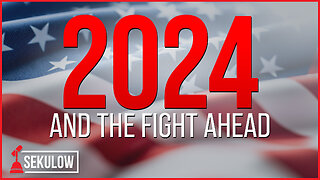 59:57
59:57
American Center for Law and Justice
4 days ago2024 and the Fight Ahead
12.5K10 -
 30:48
30:48
Jenna Ellis Tonight
2 years agoDOBBS WATCH UPDATE: Why hasn't the Supreme Court issued an opinion yet?
4.39K8 -
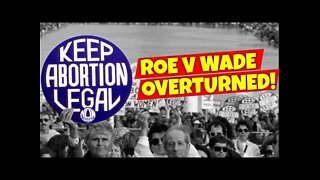 12:15
12:15
Nate The Lawyer
2 years agoRoe v Wade Overturned | Supreme Court Leaked Draft Opinion.
46 -
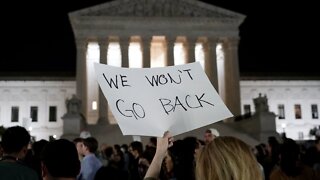 5:00
5:00
Newsy
2 years agoLeaked Majority Opinion Shows Supreme Court May Overturn Roe v. Wade
2.5K38 -
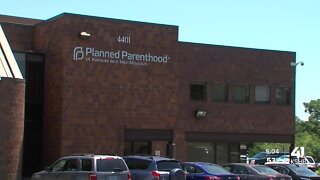 3:15
3:15
KSHB
2 years agoKansas City reacts, examines impact of leaked Supreme Court opinion
23 -
 2:27
2:27
KERO
2 years agoSwift reaction after Supreme Court draft opinion on abortion leaked
593 -
 0:58
0:58
KMTV
2 years agoNebraska law professor explains the Supreme Court draft opinion leak
14 -
 0:45
0:45
KMTV
2 years agoLocal law professor explains the Supreme Court draft opinion leak
5 -
 5:35
5:35
TheSaltyCracker
2 years agoSupreme Court ENDS Roe v Wade in DRAFT OPINION Leaked to Press
25.8K491 -
 LIVE
LIVE
LFA TV
18 hours agoLFA TV CHRISTMAS EVE REPLAY
1,086 watching